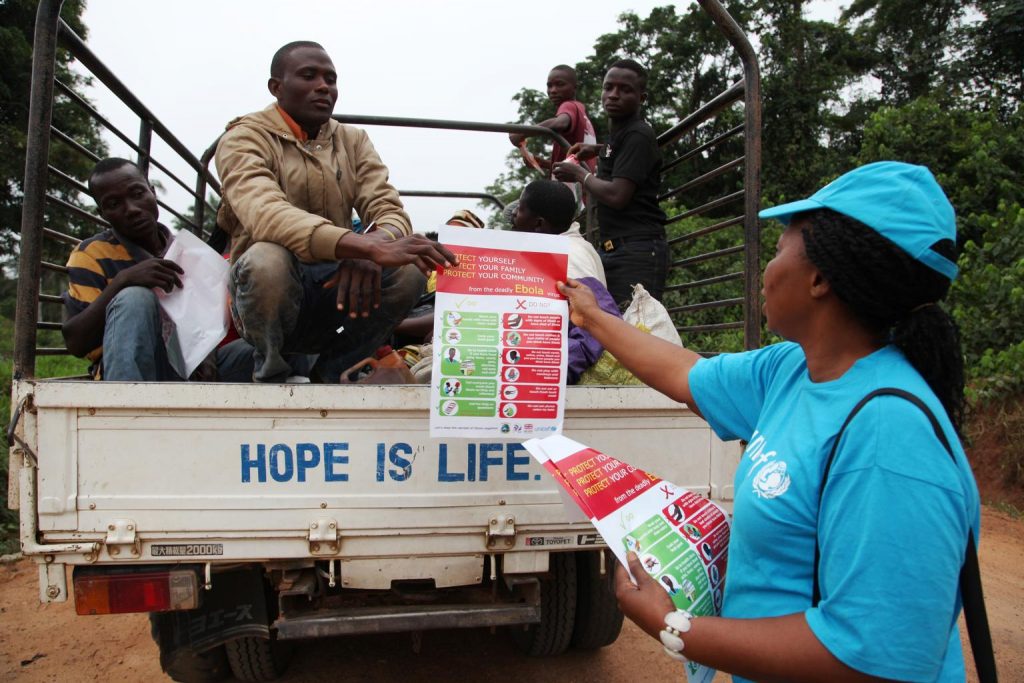This paper argues that addressing the underlying structural drivers of disease vulnerability is essential for a ‘One Health’ approach to tackling zoonotic diseases in Africa. Through three case studies-trypanosomiasis in Zimbabwe, Ebola and Lassa Fever in Sierra Leone and Rift Valley fever in Kenya-we show how political interests, commercial investments and conflict and securitization all generate patterns of vulnerability, reshaping the political ecology of disease landscapes, influencing traditional coping mechanisms and affecting health service provision and outbreak responses.
A historical, political economy approach reveals patterns of ‘structural violence’ that reinforce inequalities and marginalization of certain groups, increasing disease risks. Addressing the politics of One Health requires analysing trade-offs and conflicts between interests and visions of the future. For all zoonotic diseases economic and political dimensions are ultimately critical and One Health approaches must engage with these factors, and not just end with an ‘anti-political’ focus on institutional and disciplinary collaboration.This article is part of the themed issue ‘One Health for a changing world: zoonoses, ecosystems and human well-being’.



